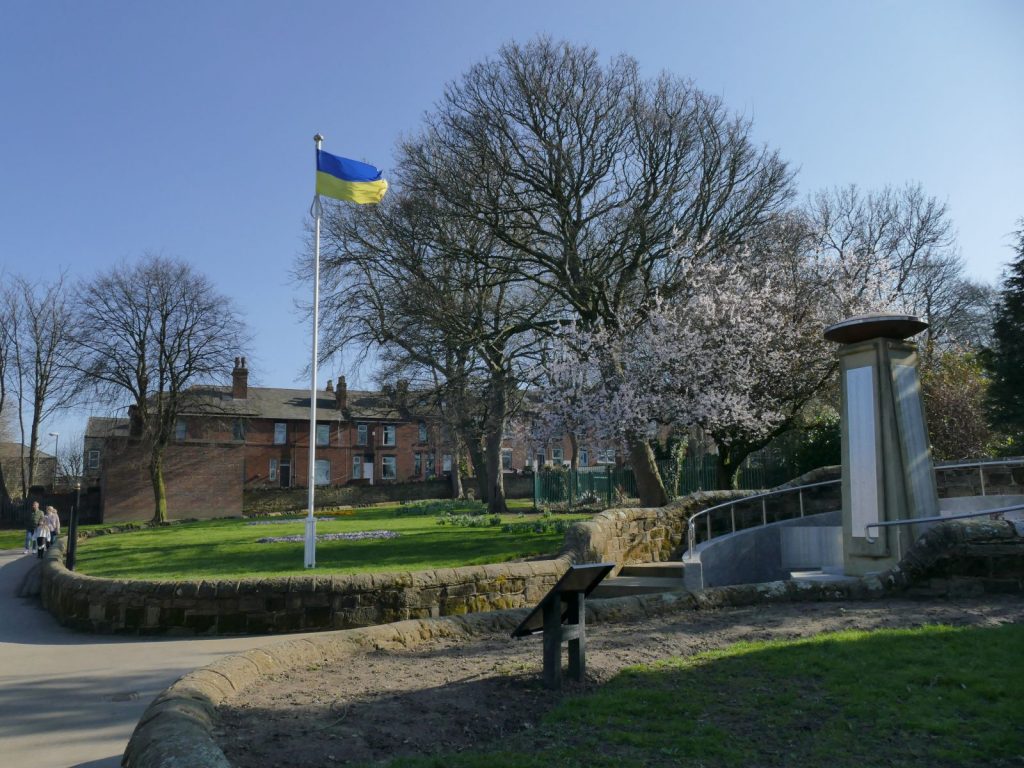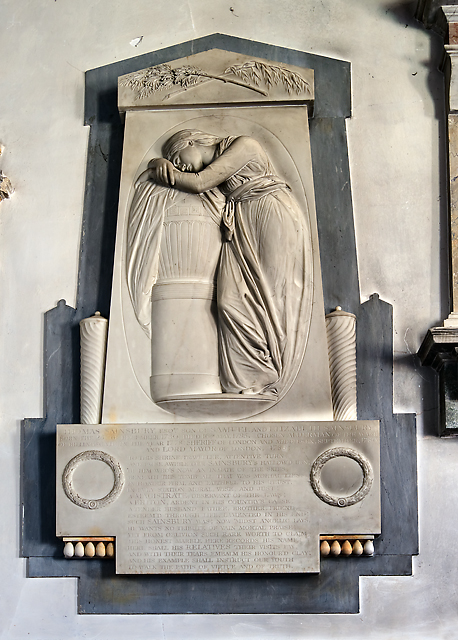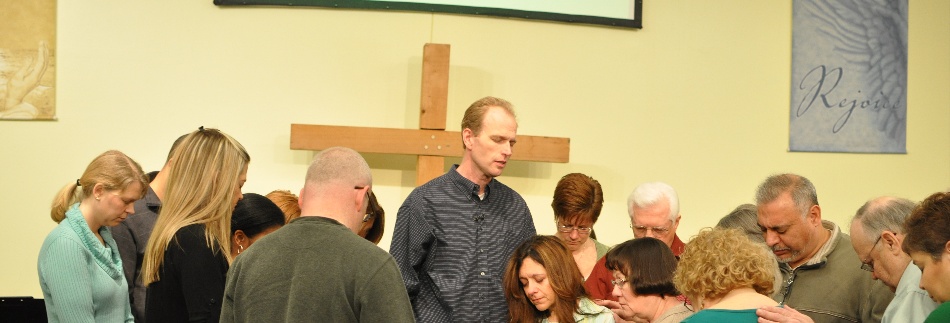A sermon for St Peter’s Bramley, 20 March 2022

Text:Micah 6:1-9
Once upon a time… there lived a man who was important in his community. In fact he was the Mayor. The man who could get things done. And he had three children, Adam, Beth and Charles. One day, the children found their neighbour’s daughter Sarah in tears. They asked what was wrong and she told them that her dad had taken all her toys away and started hitting her. They agreed that this was very wrong of Sarah’s dad, and decided to do something about it.
Adam was the eldest. He was studying law at college. So he read up about it and wrote a carefully worded letter to the Mayor, explaining why Sarah’s dad was breaking the law and asking the Mayor to report him to the police.
Beth, the middle child, was quiet and didn’t like making a fuss. But she sat down with Sarah to hear her story and ask how she was feeling. They she knocked on her father’s door and told him what Sarah had said, and asked if she should give Sarah some of her own toys.
Charles was the youngest child and used to having to speak up to get noticed. He marched into his father’s study without knocking and spoke loudly: “Dad, don’t you know Sarah’s being beaten? You’re the Mayor! Aren’t you going to do something to stop it?”
So the Mayor, having heard from all his three children, did as they asked. He reported Sarah’s dad to the police, and when they took him away, the Mayor took Sarah into his own family where she could play with any of his children’s toys. And they all lived happily ever after.
Ukraine. A country that many of us had perhaps heard little about until recently. Now engulfed in the tragedy of war, a tragedy that demands a response. Bombs are falling, churches being destroyed, people killed or driven from their country – many of them Catholic or Orthodox Christians. Our European neighbours, sisters and brothers in Christ are being persecuted, and what are we to do?
We can of course give money to appeals if we have some to spare. Some people may feel able to offer to host a refugee, when they reach Leeds. What we can all do is pray. But how, and what difference does it make?
In our Lent groups this year we’re looking at different expressions of Christianity from countries around the world. This week it’s South America, where the Catholic church operates not only through priests and parishes but also in what they call ‘base communities’ led by lay people. These communities, often in deprived areas, have at the heart of their faith God’s concern for the poor and oppressed people of the world. To them, prayer is not just a daily habit but woven into all their life. Prayer is not politely asking God if he would do something, but engaging with God in argument on behalf of the people they are called to serve.
That’s why the Brazilian church chose this passage from Micah for this week’s study. We heard a musical setting of it before the service. In it, we hear the voice of God, challenging his people to ‘rise and plead their case’. It’s the language of the law court. God reminds them of all that he has done for them in the past: rescue from slavery, food when they were hungry, victory in war. Why, then, have they stopped praying to him, stopped believing in him? God is constantly present, waiting for us to ask for his help. The passage ends with a challenge to act justly, love mercy and walk humbly with God, or one priest puts it in this week’ study: “Our language about God and God’s revelation is marked by each step, as we walk along. We step with our feet, our head thinks and our heart loves and acts”.
What does prayer sound like in wartime? There’s no one answer, because we’re all different in our culture and personality. Some Christians are drawn to that activist style of prayer: praying and acting as we walk through life, responding to circumstances rather than setting aside special times.
Others prefer the model of prayer Jesus presented: go into a room by yourself, sit quietly and pray to the Father who hears you. A more meditative style. Or you might follow the set prayers of the church, carefully structured, and church leaders around the world have offered us many such prayers to use for Ukraine. But in a crisis, when situations change by the day, and the danger of escalation even into nuclear war is real, perhaps it’s time to pray differently. To do as Micah says: rise and plead our case, or rather the case of the Ukrainians, with God. Loud and clear.
Some years ago I met a Christian from Korea, who challenged the mainly English people in our group to pray as they do in his country, not unlike the prayers of the South American communities. They stand to pray, and each person prays out loud to God simultaneously in their own words. It’s a far cry from our way of doing intercession where we listen to one person speaking and then say a polite Amen. I’m not suggesting we do that now, as most of us would probably feel uncomfortable. But here’s something you might try at home: praying alone, using set words and praying aloud. This week, going into my room to pray, I found myself saying the set psalm for morning prayer out loud, and doing so on behalf of the people of Ukraine:
Vindicate me, O God, and defend my cause against an ungodly people;
from those who are deceitful and unjust deliver me!
For you are the God in whom I take refuge; why have you cast me off?
Why must I walk about mournfully because of the oppression of the enemy?
Why are you cast down, O my soul, and why are you disquieted within me?Hope in God;
for I shall again praise him, my help and my God. [Ps. 43:1, 2, 5]
There are people round the world praying passionately for Ukraine right now. And those prayers have effect, for as Jesus said, where even a few people gather to pray in his name, he is with them. Here’s just one quote from a pastor in Lviv this week:
“Please tell your people, because of their prayers, God really fights our battles. The rockets disappear in the air without reaching our homes and no one knows where they did go. Enemy tanks run out of fuel, Russian troops get lost and ask our locals for food and direction – that is definitely God because we are dealing with the second strongest army in the world. And this morning Kyiv and other major cities are still free and so are we. In Lviv we do not have to run to our basements.”[1]
At the end of each week’s session in the Lent group we are given a few questions to think about. One of this week’s questions is this: “In this passage we hear of prayer as ‘pleading your case before the mountains and letting the hills hear your voice’. What are you passionate about that makes you turn to God in prayer?”
I will finish by teaching you two words in Ukrainian – they are the same in Russian, and of course we must remember the suffering of Russian soldiers who are only obeying orders, as well as those they are fighting. ‘Gaspodi Pamilui’ – Lord, have mercy. ‘Gaspodi Pamilui’ – Lord, have mercy.
[1] https://ifapray.org/blog/god-is-answering-prayer-in-ukraine/ accessed 18/3/22


